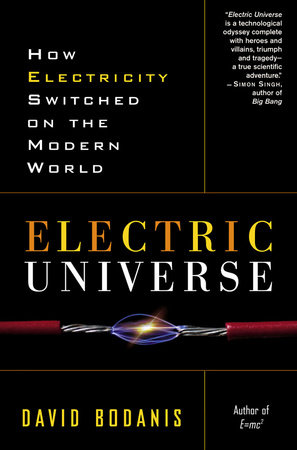The Big Bang Simon Singh Pdf Editor

Apr 11, 2010 - The bestselling author of Fermat's Last Theorem and The Code Book tells the story of the brilliant minds that deciphered the mysteries of the Big Bang. Simon singh big bang pdf Simon singh big bang pdf Simon singh big bang pdf DOWNLOAD! DIRECT DOWNLOAD! Simon singh big bang pdf I decided to write a book about the Big. Downloads PDF Big Bang, Downloads PDF Simon Singh, Bad Judgment, Top Books, Featured Books, Top Textbooks, Top Free Books, Top Audiobooks, Audiobooks.
The Universe has an origin; whether we'll ever get to the bottom of it is the question. Today I'd like to start a discussion on the ways certain kinds of questions present formidable challenges to the conventional scientific method of explanation, based on hypotheses and empirical validation. Given that the topic is vast and space short, I will divide the discussion into three parts (at least). Although there may be many questions that pose a challenge to the scientific method (for example, the much-debated questions of morality and altruism), I am interested in a trio that can be grouped as the 'three origins questions': cosmos, life, and mind. Working with any of these can fill many lifetimes of research, without any promise of success. In fact, how we measure success in answering any of these questions is already part of the challenge. They each invoke different areas of research, with different operational principles and scientific methodologies.
Even so, there are points in common, and it is to those that I turn today, and in subsequent blog posts. Download Subtitle Running Man Eps 171 on this page. (There have been many books and essays written on these three issues, taken together or separately.
At the end I provide a list of further reading.). The first point in common is that not so long ago these three questions were not considered scientific. On the contrary, the origin of the Universe, of life, and of mind were thought to be the result of divine work, products of supernatural intervention. Which god or gods were responsible depended (and still does to the vast majority of the world population) on your particular faith. Differences aside, in any religion only an entity that transcended space and time could create the cosmos, which exists within space and time; only an immortal entity had the power to create life; and only an omniscient power could endow His creatures with intelligence and a sense of being. The confrontation with natural processes is immediate: Nature is within space and time, living entities are not immortal and no one is — or can be — omniscient. (Although the World Wide Web, allied with global human intelligence and powerful search engines, could, in some sense, be called a proto-omniscient entity.
Stuff for another week.) For this reason, it is not at all surprising that scientists encounter such resistance when they state that they are near — or at least making progress — in answering such questions without recourse to divine intervention. According to the scientific viewpoint, the origins of the cosmos, of life and of mind are natural processes that obey material laws and principles. Their complexity and our current lack of answers do not mean that such questions are completely beyond the reach of science, or that such questions can only be addressed through religious belief. In science, ignorance is the pre-condition to knowledge; to not-know is the pathway to knowing.